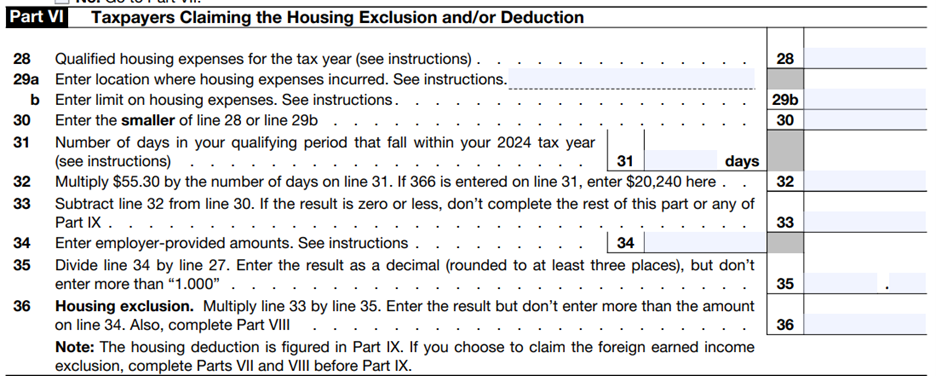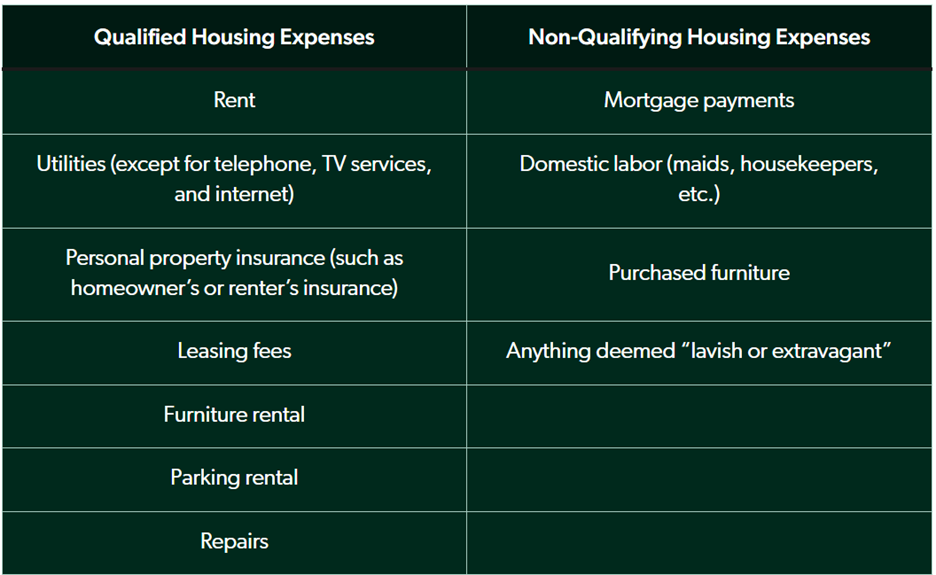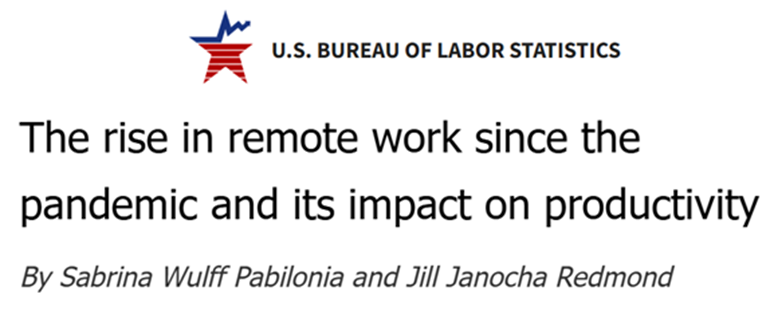Editor’s note: Chris Graebe has a red-hot startup in his sights with the most impressive leadership team he believes he’s ever met.
That’s saying a lot, as Chris has put his money in 25+ private companies. That includes an aerospace firm that’s taking satellites to orbit for 92% cheaper than SpaceX.
And the only way to hear what he has to say about this NEW opportunity is to attend tomorrow’s Private Investment Summit.
Not on the guest list yet? Click here. Then read on to see how you can escape, if not the planet, at least the country.
 |
| By Nilus Mattive |
Last week, I shared with you a way to take a year-long vacation without getting pinched by Uncle Sam.
A quick refresher …
The Foreign Earned Income Exclusion, or FEIE, is a provision in the U.S. Tax Code that lets you exempt a large amount of money earned overseas from U.S. federal taxes.
On top of the $126,5000 in income you can exempt, there’s also a separate exclusion.
Let me introduce you to the foreign housing exclusion.
For self-employed people, it’s technically a credit, but they work the same way.
It’s a little complicated, but here’s the gist …
If you spend more than 16% of your FEIE amount on housing, you can deduct the excess up to a certain limit.
That limit is generally set at 30% of the FEIE, with a little extra ceiling for certain higher-cost cities and areas around the world.
Let’s just stick with last week’s example to give an illustration …
You’re claiming the full $126,500 cap for the foreign earned income exclusion.
That means the base housing amount is set at $20,240 (16% of $126,500).
The government figures this is what someone earning that amount of money would be spending on housing in the States.
Therefore, that amount doesn’t earn any preferential treatment above and beyond the FEIE you’re already receiving.
However, you opt for a really nice house that costs $3,000 a month.
Since 30% of $126,500 is $37,950, you’re able to claim the full difference between the base amount and your actual $36,000 in housing costs as an extra exemption.
That easily negates the rest of the money you reported as income and you do it right there on the same form 2555.

Add it up and that amounts to another $17,710 in possible income that didn’t get taxed — i.e., a couple thousand more right back in your pocket.
Also note that other categories like Internet service and even parking can be included under your housing costs.

When you consider all of this, it’s easy to see how someone could easily take the trip of a lifetime or even test out various destinations for future expatriation.
Especially if they don’t have to spend much of their own money at all.
We also didn’t even look at other aspects of this either, including the opportunity to rent out your home in the United States while you travel!
Additional Points & Considerations
First off, as I mentioned last week, these exclusions only apply to earned income.
If you’re a retiree or a landlord, it’s probably not going to work for you.
And frankly, five or 10 years ago, I probably wouldn’t have bothered highlighting this type of strategy because most other people didn’t have the flexibility to employ it, either.
But these days, plenty of people work remotely … own businesses … or have part-time side hustles that would fit with the FEIE.

That said, you also have to be very careful about passing the test.
For example, each day overseas needs to be a full 24-hour period. If you’re flying home on day 329, you’re out of luck.
In addition, these credits do not get you off the hook for FICA taxes — i.e., Social Security and Medicare taxes.
Whether you’re an employee or a business owner, you still have to pay into those systems as you would normally.
On the other hand, note that the “physical presence” test is 330 days out of any 12-month period.
This means you do NOT have to adhere to a traditional calendar. Doing so would simply make the whole process a lot easier in terms of paperwork.
As far as retirement plan contributions to something like a 401(k) or IRA, you would have to have enough income above the amount you’re exempting to do that.
Last but certainly not least …
There’s also the question of whether your income might technically be subject to taxation in the foreign countries you visit. That, and whether you could even get a visa that would allow an extended stay.
This is a huge topic on its own, and I certainly can’t do it justice here today.
What I can tell you is that many places, including Indonesia, now offer digital nomad visas.
Alternatively, you could move across a range of countries over the course of those 330 days, despite the added record-keeping.
So, if any of this appeals to you, take that trip you’ve been thinking about.
Best wishes,
Nilus Mattive
P.S. I’m not the only big traveler here at Weiss Ratings.
My colleague and friend, Chris Graebe, is always running between places to find his next big startup deal.
And he just let me know that he found one. It’s a big one!
He’ll reveal all the details tomorrow at an exclusive “Private Investment Summit.” I urge you to attend.

